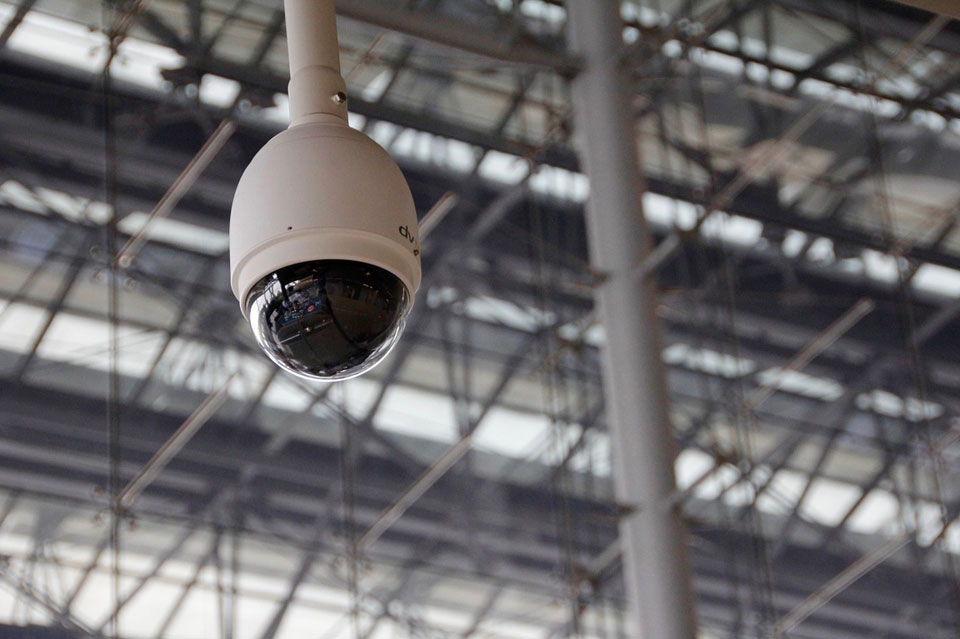The Physical Security market is expected to grow from $84.1 billion in 2018 to $119.4 billion by 2023, equivalent to a Compound Annual Growth Rate (CAGR) of 7.3% during the forecast period.
The findings, published by MarketsandMarkets in its Physical Security Market report, found that the rising incidents of terror attacks, technological advancements and deployment of wireless technology in security systems, increasing use of Internet Protocol (IP)-based cameras for video surveillance, implementation of mobile-based access control, and adoption of Internet of Things (IoT)-based security systems with cloud computing platforms, has driven market growth.
Security systems integration is expected to lead the Physical Security Market in 2018. This involves the collective use of a variety of components or subsystems as one large system. System integrators provide solutions based on the size and complexity of the security to be provided. The demand for integrators of security systems is growing rapidly, owing to the deployment of diverse security strategies in organisations of all sizes across the globe.
The large enterprises segment is expected to hold the highest market share. These enterprises were the early adopters of physical security solutions and services, as they have larger revenue pool to spend and a larger infrastructure to be protected. Large enterprises need complex and highly scalable security systems and services in comparison to Small and Medium-sized Enterprises (SMEs).
These customers operate across multiple locations in different geographies, hence they require a solution, which offers elevated integration capabilities and is capable of large-scale seamless integration of security operations. In addition to the complexity and requirements, large enterprises are at high risk for breaches and other cyber and physical crimes. The combinations of the complexity and high risks require large systems that are fully integrated and can utilise the best and the most reliable technology.
Physical security systems and services play an important role in the retail vertical and security is one of the top priorities for retailers. In the retail vertical, it is crucial to ensure workplace safety, prevent business interruption, and avoid financial loss. The number of retail stores and malls in urban areas has increased drastically over the last few years. Investing in access control systems as a solution for security needs provide numerous long-term benefits, such as reduced retail losses, maximised store profits, lowered insurance rates, and most importantly decrease in the number of theft cases.
As per the geographic analysis, Asia Pacific and APAC regions iare predicted to grow with the fastest CAGR during the forecast period. Security systems are expected to witness increasing adoption in APAC as the countries in the region are emerging economies with a growing number of manufacturing bases, and there is also a constant risk of terror threats in the region.
The market in APAC has high growth potential, owing to the increased security concerns, especially in India and China, and governments in these countries have started investing heavily in security. Furthermore, emerging economies are working toward improving their infrastructure, which is further expected to lead to the high growth of the Physical Security Market.
The rising adoption of access control systems in SMEs, hospitality businesses, airports, ATMs, banks, residential buildings, and religious places, among others are expected to drive the Physical Security Market.







